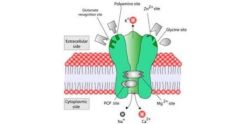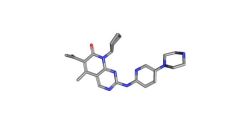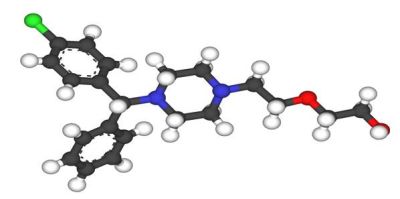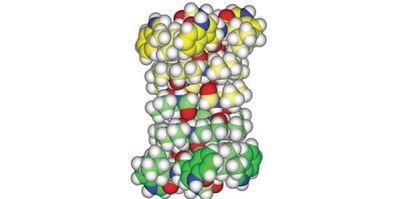Amgen and AstraZeneca have announced positive results from third and final pivotal phase 3 study of Brodalumab in patients with moderate-to-severe plaque psoriasis.
AMAGINE-2, a pivotal, multi-arm Phase 3 trial evaluating two doses of brodalumab in more than 1800 patients with moderate to severe plaque psoriasis has successfully met its primary endpoints when compared with both Stelara (ustekinumab) and placebo at week 12.
Patients were given brodalumab 210 mg every two weeks and the drug was shown to be superior to Stelara on the primary endpoint of achieving total clearance of skin disease as measured by the Psoriasis Area Severity Index (PASI 100). When compared to placebo, patients treated with brodalumab achieved a 75 percent improvement from baseline in disease severity at week 12. In addition, greater proportion of patients achieved clear or almost clear skin at week 12 with brodalumab as compared with placebo.
44.4 percent of patients in the brodalumab 210 mg group, 33.6 percent in the brodalumab weight-based group and 25.7 percent in the brodalumab 140mg group achieved total clearance of skin disease (PASI 100) as compared to 21.7 percent in the Stelara group. 86.3 percent of patients in the brodalumab 210 mg group, 77 percent in the brodalumab weight-based group and 66.6 percent in the brodalumab 140mg group achieved PASI 75 as compared to 70 percent in the Stelara group.
Brodalumab is the only investigational treatment in development that binds to the interleukin-17 (IL-17) receptor and inhibits inflammatory signalling by blocking the binding of several IL-17 cytokines (A, F and A/F) to the receptor. In addition to moderate-to-severe plaque psoriasis (Phase 3), brodalumab is currently being investigated for the treatment of psoriatic arthritis (Phase 3) and asthma (Phase 2).
"Results from AMAGINE-2 underscore that treatment with brodalumab could help a significant number of moderate-to-severe plaque psoriasis patients achieve total clearance of their skin disease, and the great majority achieve at least a 75 percent improvement in their disease," said Sean E. Harper, M.D., executive vice president of Research and Development at Amgen. "AMAGINE-2 is the third and final pivotal study in our Phase 3 psoriasis program and the robust data from these studies will form the basis of our global filing plan. We look forward to discussions with regulatory authorities."
The most common adverse effects observed with brodalumab include common cold, upper respiratory tract infection and joint pain.
"These results confirm our belief that targeting the IL-17 receptor to inhibit inflammatory signalling can have significant benefit for psoriasis patients," said Briggs W. Morrison, M.D., executive vice president of Global Medicines Development at AstraZeneca. "We look forward to sharing detailed results from the AMAGINE program in upcoming scientific forums."
Source: Amgen.com
Image Credit: PRNewswire.com
























